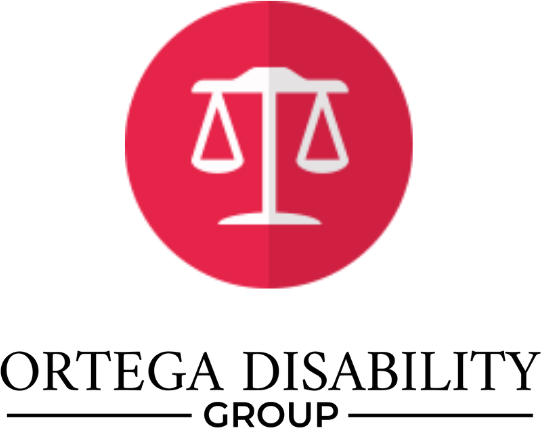A residual functional capacity (RFC) determination is used to help the Social Security Administration (SSA) decide whether a disability applicant qualifies for benefits. RFC is used to identify what work skills, if any, a disabled individual can perform.
Why is Residual Functional Capacity Measured?
Disability benefits are awarded to individuals who cannot take part in Substantial Gainful Activity (SGA). If a claimant is able to conduct certain work activities that would allow them to earn a living wage and maintain long-standing employment, they won’t qualify for benefits
A person’s residual functioning capacity is essentially a measurement of how their disability affects their ability to work. Determining residual functional capacity allows the SSA to determine the maximum amount of work a person can perform with their present physical and/or mental limitations.
How is Residual Functional Capacity Measured?
When your disability claim is being reviewed, a Disability Determination Services examiner will fill out a physical residual functional capacity assessment.
The assessment will be completed by examining relevant medical records and other evidence that supports your claim. If the evidence you provide is not sufficient to determine RFC, the SSA is required to develop a complete medical history. This may include setting up a consultative exam. The SSA must also assist you with retrieving medical reports from your own medical sources.
The SSA will also take into account statements from yourself, medical sources, family, friends, neighbors, and other persons depicting limitations of your impairment(s).
Your RFC assessment will determine the total amount of work you’re capable of despite your limitations. This includes physical and mental limitations, such as pain, difficulty understanding and remembering instructions, trouble lifting or carrying things, sensory impairments, and other symptoms.
If the assessment determines your limitations prevent you from meeting the demands of past work, or other types of work, on a regular and continuing basis, you’ll be considered disabled.
Contact Ortega Disability Group Today
If you’re looking to file for Social Security Disability benefits, contact our disability lawyers in Oakland today. The legal team at Ortega Disability Group will ensure your disability application is filed with the proper medical evidence to support your disability claim and your RFC assessment.
Contact us online or call (800) 322-1173 to request a free initial consultation.

